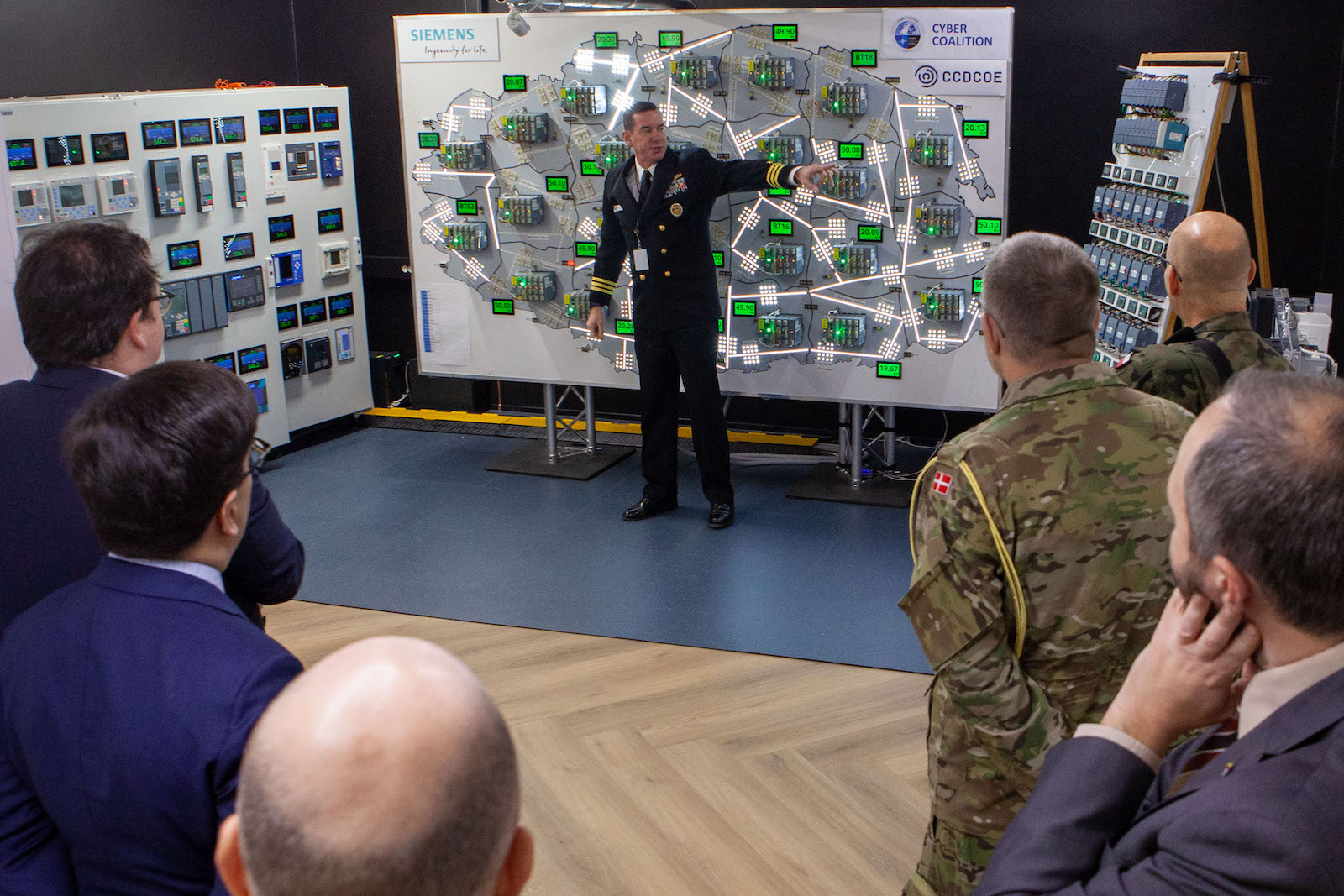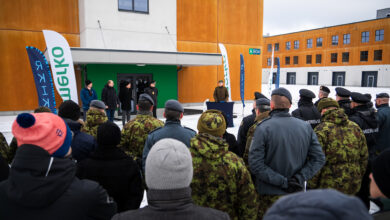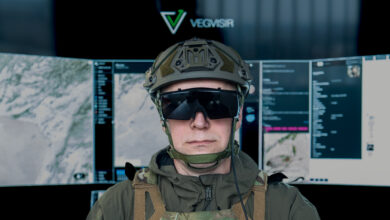Louisiana State University to Develop Cyber Training for NATO
NATO is collaborating with Louisiana State University (LSU) to develop lessons for the alliance’s cyber defense training in Europe.
The NATO Allied Command Transformation Cyber Coalition is a yearly exercise to amplify and validate the interoperability of cyber warfare teams from 32 member nations.
For its latest iteration, the drill will cover simulations of a breach of medical devices that actors leverage to disrupt military operations.
The LSU Center for Computation & Technology and College of Engineering will prepare scenarios this fall that will be applied to the exercise.
The healthcare cyber assault drills will be conducted in Estonia from November through December.
Approximately 1,200 cyber specialists will join the training. Teams from NATO allies and partners are also expected at the event.
“NATO’s strength lies in collective problem-solving,” LSU Cybersecurity Researcher Elias Bou-Harb said.
“Our scenario is crafted to promote cooperation, ensuring NATO can effectively respond to cyberattacks regardless of individual members’ expertise and resources.”
Combining Military-Academic Expertise
In its press release, LSU underscored how critical healthcare infrastructure is to the well-being of soldiers and civilians, saying that cyberattacks can cause “far-reaching consequences” for hospitals, response capabilities, patients, and, ultimately, national security.
The institute added that cyber threats can now exploit targets via modern medical devices that increasingly rely on networks, including biometric sensors, imaging systems, infusion pumps, guidance systems, and ventilators.
“Our partnership with Professor Bou-Harb and LSU has been instrumental in keeping the Cyber Coalition exercise at the forefront of cyber defense innovation,” 2024 NATO Allied Command Transformation Cyber Coalition Exercise Interim Director Ezio Cerrato explained.
“By integrating advanced academic research and insights into our training scenarios, we provide our teams with the most relevant and challenging environments to simulate real-world cyber threats.”
“This partnership not only enhances the realism and effectiveness of our exercises but also exemplifies the crucial synergy between military and civilian expertise required to protect our cyberspace in an ever-evolving threat landscape.”












